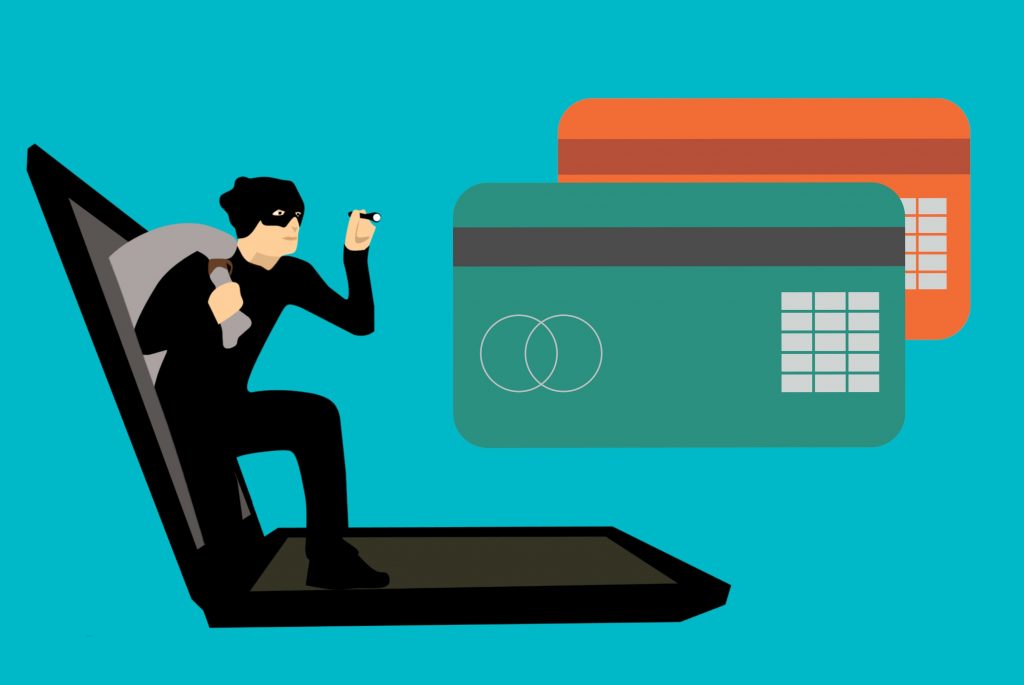Some people think we are responsible for our own mistakes. Others say banks benefit from our money so should cover the cost of fraud.
What it means: If you know more than four people then you probably know a victim of bank fraud: a quarter of Brits have been conned out of their money. The British government says banks have to reimburse you for so-called ‘unauthorised transactions’, such as if someone clones your credit card or steals your details to buy stuff without your knowledge.
But there’s no such protection for ‘authorised push payment’ (APP) scams, where crooks trick you into buying a product that doesn’t exist, or telling them your card details by pretending to be your bank or the police. APP scams can ruin lives, especially vulnerable people like the elderly are more likely to be targeted.
Some people, including the charity Which?, think banks should be the ones to lose out from APP fraud. Unlike many individuals, banks could swallow the cost - HSBC, the UK’s most popular retail bank, made £12.3 billion in profits in 2017. The obvious rebuttal is that businesses shouldn’t lose money for other people’s mistakes.
But banks benefit a lot from other people’s money - they use our savings to make loans, and keep the interest on the loans as profit. (They do pay us some interest on our savings, but nothing like as much as they make off loans.) The implicit agreement is that in exchange for us lending them our money they’ll keep it safe for us - so it’s not super unreasonable to expect them to cough up if it’s stolen.

